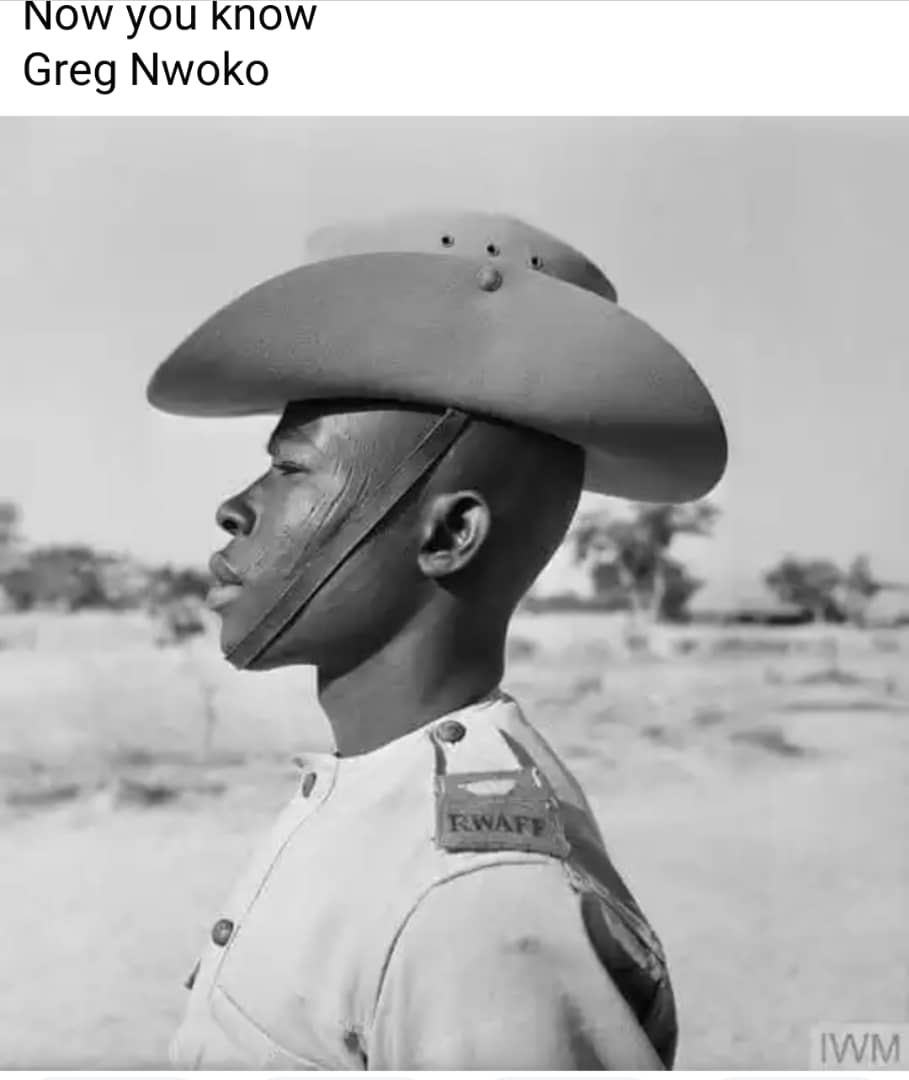HeadlineNews.News Historical Feature
April 14, 2025 | Lagos
Lagos Island’s bustling district of Obalende, known today for its vibrant street life, barracks, and deep military roots, carries with it a lesser-known story of displacement, colonial negotiation, and historical irony. Beneath the honking of danfos and the shadow of modern skyscrapers lies a rich and layered origin—one deeply tied to the colonial military history of Nigeria and the traditional rulership of Lagos.
In 1906, the land we now call Obalende became a resettlement zone for the Royal West African Frontier Force (RWAFF)—a British colonial military unit composed predominantly of Hausa soldiers from Northern Nigeria. But this wasn’t their first home in Lagos.


King’s College and the Military
Historical records show that the soldiers of the RWAFF were initially camped on the land currently occupied by King’s College, one of Nigeria’s most prestigious secondary institutions established in 1909. The RWAFF, created in 1900 as a regiment to serve British West African colonial interests, had been stationed in Lagos due to its strategic importance as the capital of the Southern Protectorate.
However, as the city expanded, the land on which the RWAFF soldiers were settled—prime colonial real estate—became highly contested. The British colonial administration sought to use the land for educational infrastructure and elite civic planning. The Oba of Lagos, in deference to the new British interests, reportedly pressured the colonial governor to relocate the soldiers and their families.
To facilitate the move, the Oba sold a large expanse of virgin land in the area now known as Obalende to the British government, which then became the new home for the displaced military men.
“Ibi ti Ọba lé wà dé”: A Name Born from Displacement
In a powerful act of cultural memory, the relocated Hausa soldiers coined a name for their new settlement: “Ibi ti Ọba lé wà dé”—a Yoruba phrase meaning “the place where the king drove us to.” Over time, this phrase was shortened, anglicized, and immortalized as Obalende.


The name itself is a living testament to a moment in Nigeria’s pre-independence history when colonial power, traditional rulership, and military service collided to create a permanent cultural landmark.
Who Were the RWAFF?
The Royal West African Frontier Force was one of the most important military institutions in British West Africa. Initially established to consolidate British control over its colonies, it later played significant roles in both World Wars. In Nigeria, the RWAFF was composed largely of Hausa-speaking soldiers—highly disciplined and militarized men who were recruited from the Northern Provinces.
Adamu Sokoto, one of the earliest known members of the RWAFF, is often featured in archival photographs such as those held by the Imperial War Museum (IWM) in London. These men formed the nucleus of what would become Nigeria’s military establishment.
Legacy and Urban Evolution
Today, Obalende is synonymous with military presence—home to barracks, police quarters, and security institutions. But it also represents a significant Northern imprint on the Southern urban fabric of Lagos, a narrative often overlooked in mainstream discourse.
The displacement of the RWAFF from the King’s College site, though seldom taught in classrooms, raises deeper questions about colonial displacement, forced urban resettlement, and cultural erasure. The very site of King’s College—a beacon of elite Western education—was once the home of frontier soldiers whose contributions were deemed expendable in favor of more “civilized” colonial plans.
Quotes from Historians and Cultural Advocates
> “Obalende is more than a name. It is a story of silent resistance—of people who recorded their history through language and memory,” says Dr. Hassan Akinwale, a historian of colonial Lagos.
“The irony is stark. The very people who helped secure colonial Lagos militarily were later moved out to make space for the colonial elite’s children,” remarks Dr. Amiida, a noted cultural preservationist.

Conclusion: A Name, A Memory, A Mirror
Obalende’s origin story challenges us to rethink how we view our cities. Place names are more than letters on a map—they are archives of displacement, resistance, and survival. As Lagos continues to evolve, preserving the memory of how Obalende came to be is essential to honoring the unseen builders of our national story.
Now you know: Every time you hear “Obalende,” remember—it means, “The place where the king drove us to.”
— A history carved into the streets of Lagos.
For more historical features, visit www.headlinenews.news
Instagram: @HeadlineNewsNigeria | Twitter/X: @HeadlineNewsNG




